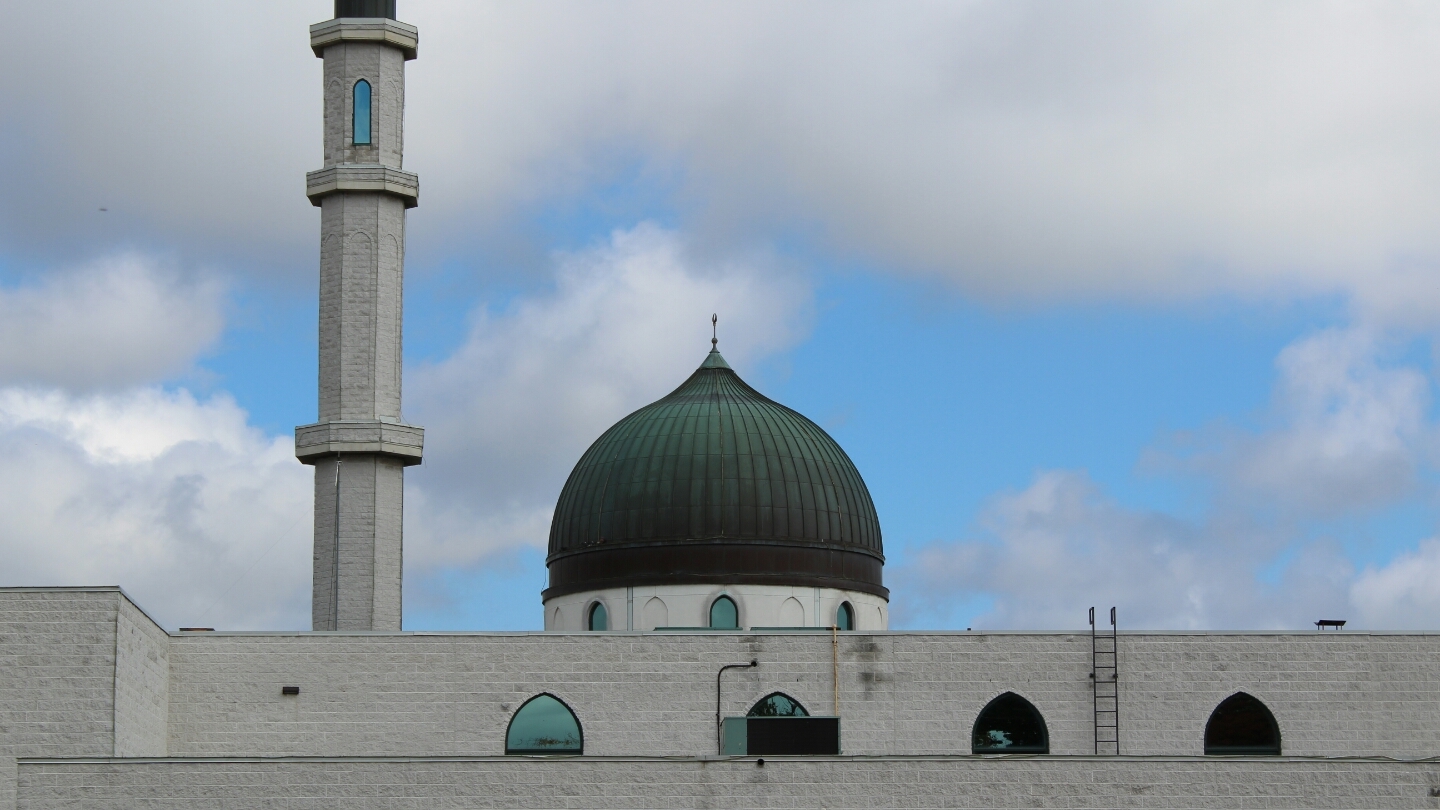A month after the violent killing of a Muslim family in London, Ontario, a continued series of hate crimes across the country has Muslim-Canadian students expressing concerns about their safety. Attacks like these have renewed fears that the danger of hate crimes has not yet subsided.
“In the weeks after the London attack, I was on high alert whenever I went out, especially when I went with my youngest sister,” says Fatima Mahmood Ali Khan, a second-year mental health and population health student at UTSC.
“The feeling lessened over time, but then the repeated attacks in other provinces happened, and then people were arrested at the Islamic Institute of Toronto (IIT).”
In mid-June, two people were arrested for allegedly attempting to break into the mosque in Toronto. “That really jarred me because it hit so close to home,” says Khan.
When four members of the Afzaal family were murdered in a brutal anti-Muslim attack last month, institutions and groups across Ontario expressed their shock and solidarity with the Canadian Muslim community.
“I want to extend my deepest condolences to the family, loved ones, and friends of the five family members who were intentionally struck down by a driver in London, Ontario, in a horrific and hateful act of violence,” said York President Rhonda L. Lenton in an official statement.
“This recent tragedy affects us all deeply,” she stated. “York stands with the people of London, Ontario, and with members of the Muslim community at York, and across Canada, at this difficult time. We must never become complacent about hate and racism in society.”
Rather than a reprieve, Muslims in Canada have still experienced an onslaught of hate-motivated attacks since.
A number of Black Muslim women in Alberta have been targeted, including two hijab-wearing women who were attacked at knifepoint in St. Albert on June 23. In Saskatoon, a Muslim man was stabbed in another Islamophobic attack on June 25, facing numerous injuries and having his beard cut off.
For Nusaybah, a fourth-year bachelor of science student, the recent hate crimes have become a fear she tries to overcome.
“I am a lot more vigilant now and aware of my surroundings,” she says. “I try not to let the recent hate crimes affect my life.”
She says that despite the “natural” fear, “people with hatred and racism are found in every corner of the globe.” Nusaybah says she tries to overcome her fear by putting trust in her faith and displaying it proudly.
On July 9, the federal government announced two emergency national summits on antisemitism and Islamophobia, to take place on July 21 and 22.
“Our government knows that we need to keep having these conversations to accelerate our work to combat systemic racism in Canada,” said Minister of Diversity, Inclusion and Youth Bardish Chagger in an online statement.
“As we work to build a safer and consciously more inclusive society, we will continue to listen to the lived experiences of communities affected by racism and hate.”
Khan says that for the community, these hate crimes have become part of a painful cycle: “The usual consensus is that Toronto and the GTA are generally very diverse and accepting, but in my opinion the dark underbelly comes to light in the form of a cycle.
“The cycle of hate crimes makes me realize with renewed horror each time that yes, it can happen here, it does happen here, and it probably will continue to happen here.
“There are still a number of people, way more than we would like to believe, that think my people and I don’t deserve to call Canada our home,” she concludes.




Why are other Canadians concerned? For me, I am scared …..you segregate yourselves and everything is about you. You occupy very important positions that depend neutral objective thinking! Do you not have a responsibility to your homelands?
But it is okay for Muslims to hate Jews.